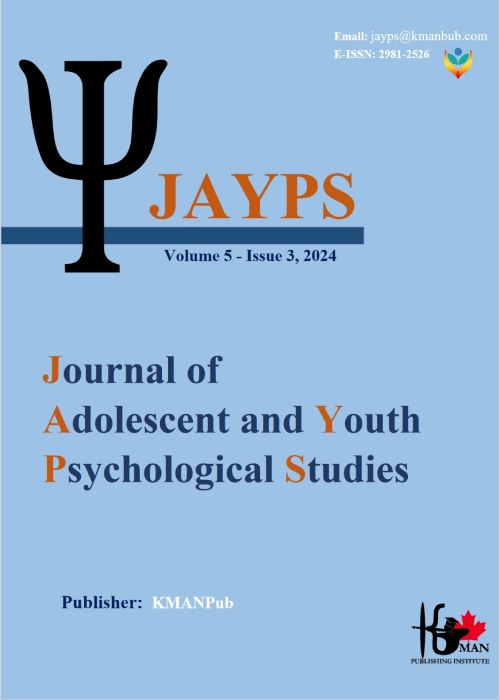Analyzing the components of effective measurement of the academic performance of elementary students in non-attendance education (a phenomenological study)
With the rise of digital tools, education has moved away from its traditional form and is advancing towards non-physical learning modalities. Distance learning leads to flexibility and easy access through digital media. Thus, the purpose of this study was to understand the lived experiences of students, teachers, and professors regarding the effectiveness of assessment in distance education.
This qualitative research was conducted using a phenomenological approach. The method of data collection involved semi-structured interviews. For this purpose, data were collected through interviews with 30 students, teachers, and professors and analyzed using the method of Streubert and Carpenter (2003).
The analysis of the interviews revealed four main themes including support and backing components, content, infrastructure and ethical, and 22 subthemes such as technical support, enhancing the motivation of teachers and students, continuous training of teachers and students, improving computer literacy of students and teachers, overcoming teachers' resistance to virtual assessment methods, using interactive methods, focusing on learners' depth of thinking, timely and rapid feedback, attention to individual differences, familiarity with virtual assessment methods in teachers, adapting to virtual assessment methods in teachers, availability of electronic infrastructure, ensuring security of assessment in the virtual space, providing high-speed internet, quick and easy access to mobile or computer for students, digitalization of the entire assessment process, promoting the culture of virtual assessment among teachers and students, avoiding cheating due to anonymity, providing agreed-upon criteria and standards in assessment, considering students' backgrounds in virtual assessment, perceiving the student as the core of assessment, and connecting assessment to the student's environment.
Given the above results, it is clear that performance assessment in non-physical education requires adherence to specific principles and components. Neglecting them can lead to the sterilization of this type of assessment.
- حق عضویت دریافتی صرف حمایت از نشریات عضو و نگهداری، تکمیل و توسعه مگیران میشود.
- پرداخت حق اشتراک و دانلود مقالات اجازه بازنشر آن در سایر رسانههای چاپی و دیجیتال را به کاربر نمیدهد.




